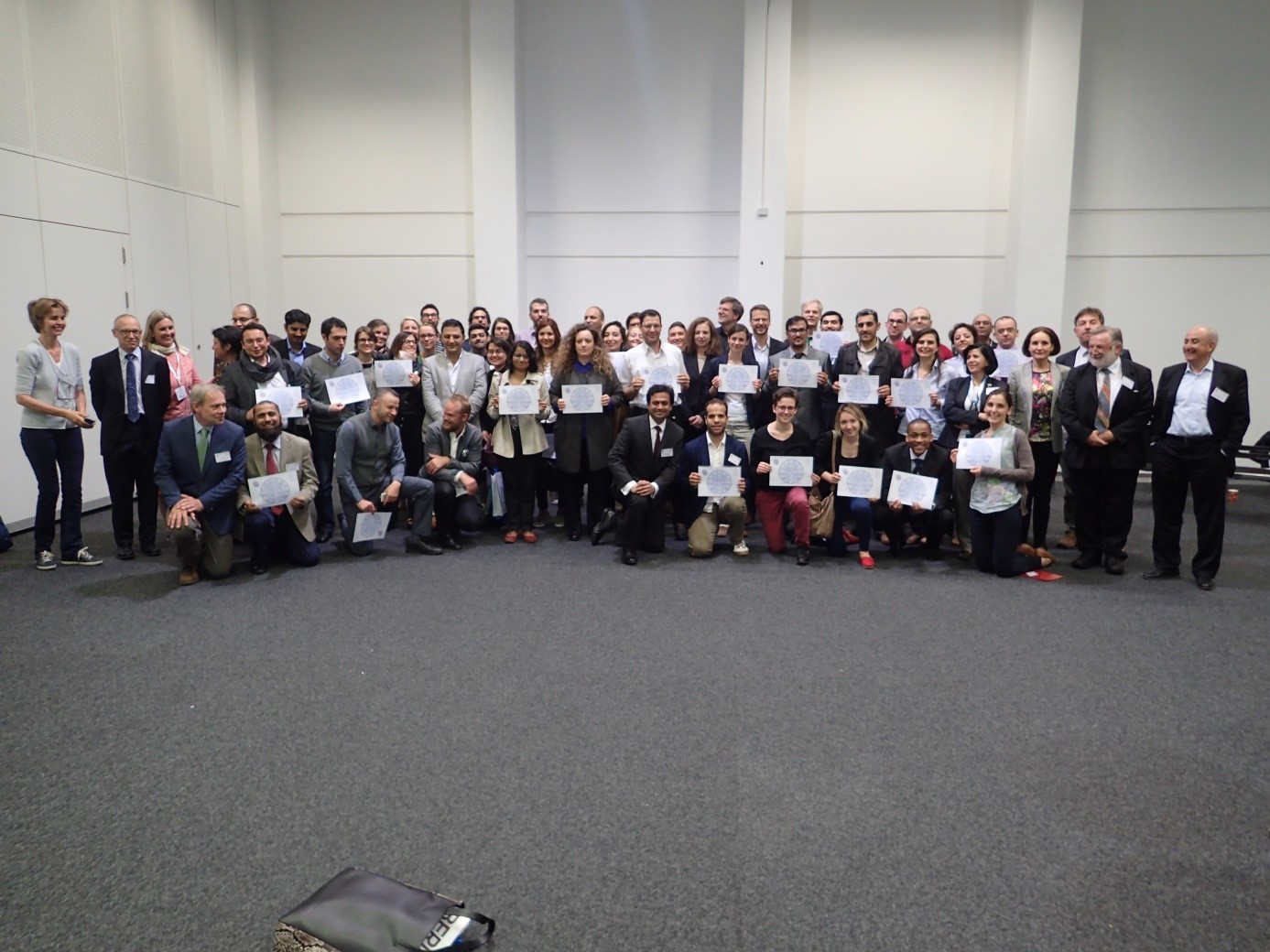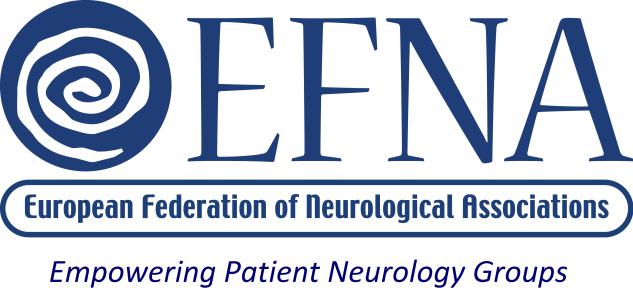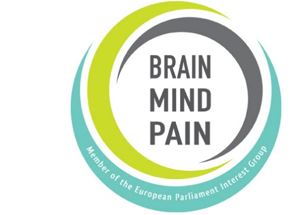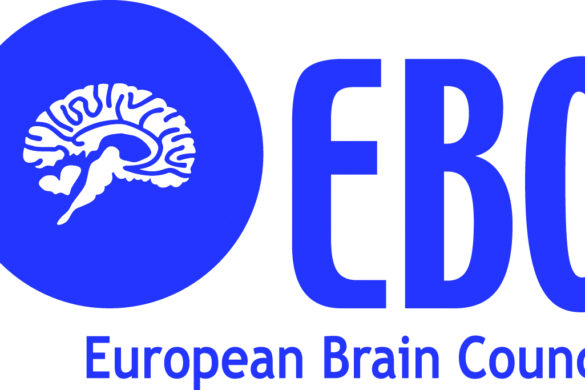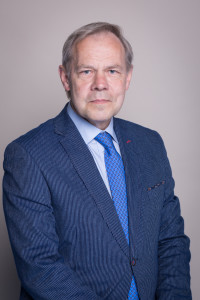 by Jan Kuks
by Jan Kuks
It should be mentioned, that part of this title is not correct.
Yes, the 8th Examination for young neurologists will take place at the site of the EAN-congress in Copenhagen, and yes, it will be on May 27th next, and again yes, the project is under the care and responsibility of the UEMS Section of Neurology, the European Board of Neurology (EBN), but no, it is not only the EBN that is inviting.
The European Academy of Neurology generously supports the process for an important part in several ways and personally I feel with others, we should say something like “EBN-EAN Examination”.
Setting up a European Board Examination is part of the programme of developing harmonised models for the training of neurologists, in order to improve standards of clinical practice and hence care for patients throughout Europe, to a high level.
Although board exams do not yet have a legal value in Europe, many young neurologists took up the gauntlet in the past years and seized the opportunity to become a fellow of the European Board of Neurology by participating in the Exam. Many of these took a national exam in their own country, others came from countries without a national examination, all wanted to prove themselves on an international European level. By now more than 200 successful young neurologists and also some seniors took the challenge and became an EBN-fellow.
The EBN wants to offer a modern examination and is aware of several principles to be followed. First of all, education nowadays is not solely aimed at transferring knowledge, but more and more directed to achieving other competencies like handling and applying knowledge. Furthermore, an examination should not be a snapshot of capacities on the day of the exam but reflect the candidate’s abilities as they are available in daily practice. Beyond that, we realise that a neurologist should not only be a medical sage and the EBN exam should not be confined to testing neurological knowledge. Therefore testing abilities in other roles like communicator, health advocate, professional, and scholar forms an essential part of the EBN examination.
Therefore we offer a multidimensional exam, giving the opportunity for discussing assignments prepared at home and to solve real world problems in neurology with using own reference material to be consulted, as we all do in our consulting room on a daily base.
We do realise that examination in the field of several competencies cannot be caught in the rigid frame of uniform multiple choice questions. Candidates are coming from different cultures and traditions, so they should get the opportunity to give their own opinion on issues concerning Public Health or Global Health, there is no absolute truth to be tested here but reasoning should be sound. Therefore we invite our candidates to prepare themselves properly for a discussion by writing original essays for an oral examination and if desired, we provide help during the preparation process.
Being a scholar demands the ability to make one’s own vision clear and to dive into a problem to be solved in a scientific way. Therefore we ask our candidates to make a critical appraisal of a topic (CAT) of their own choice, to be presented for an oral discussion and we are happy to give some advices for setting up such an appraisal.
Although part of the exam is oral, we do not want to test fluency in language and therefore examiners from several countries are involved to support the candidates as much as possible.
The validity of the examination needs the input of the scientific experts at the European Academy of Neurology. The reliability of the outcome depends on the number and quality of the participating candidates. A statistical evaluation to eliminate “bad questions” only can be realised in a group of sufficient size. Setting the passing level may be determined by specialists before the test, but modification of such a level may be necessary after getting data from a sufficient number of adequate participants. Therefore we need our candidates from all countries in Europe, to come to a real European standard, and we are happy to see the number of participants growing year by year. Turkey, Belgium, and Italy nowadays take a leading role to endorse the exam by sponsoring their young neurologists to take the EBN exam in addition to their national exit exams and we really hope many other countries and national societies will follow them.
From our side, we try to offer a high quality exam for an utmost low price as can be seen by comparing our Website www.uems-neuroboard.org with other young specialist examinations within and outside Europe.
But, why listening to a chairperson of a committee, trying to sell his exam?
Why not hearing the candidates themselves?
Here are some reactions from last year’s candidates:
“The questions and exam modules really tested my abilities in a way that covers all the fields in practical work.”
“The exam makes me more confident and a title of ‘fellow EBN’ is worth my while.”
“A European board exam gives a better impression of a European standard for a neurologist.”
“The exam can set the standards to establish equivalence between certificates provided in different countries.”
“I thoroughly enjoyed having this exam. It is very well structured and organised.”
Of course there were critical reactions as well, but I am sure we will be able to address them all and improve the exam year by year. Please visit our website, have a look at last year’s more extensive report, find further information and join us in Copenhagen or send your trainees to prove themselves.
We also welcome colleagues who are interested to help us with providing input and help for next exams. Do not hesitate to contact me in case of further questions.
Jan BM Kuks, professor of clinical neurology and medical education
University Medical Centre Groningen, The Netherlands
Chair Examination Committee European Board of Neurology
j.b.m.kuks@umcg.nl
Jan Kuks is Professor of Neurology at the University Medical Center Groningen, The Netherlands and Chair of the EAN Quality Assurance Sub-Committee.

